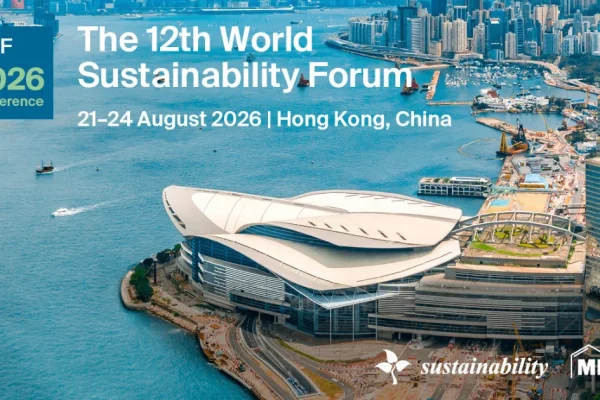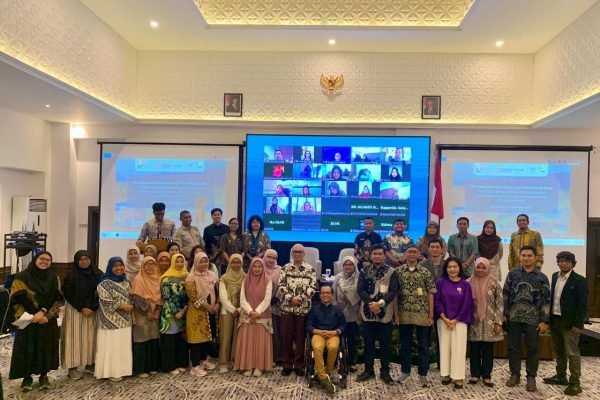Throughout the month of May 2024, a series of walkability and cyclability assessment activities have been conducted in Maginhawa Street, Quezon City, and A. Mabini Street, Pasig City under the Sparking Active Mobility Actions for Climate-Friendly Cities (SPARK) Project.
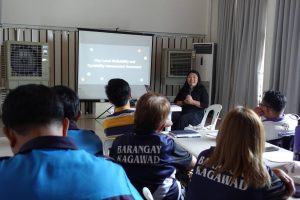
The City Government Staff of Pasig City participate in the evaluation of the local walkability and cyclability through a self-assessment scorecard.
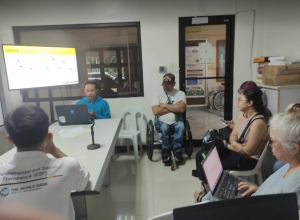
A focus group discussion with various groups from the Maginhawa community was held on May 14, 2024.
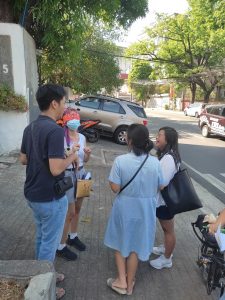
Project volunteers simulate the walking journey of visually-impaired individuals along Maginhawa Street.
The activities led to the identification of key active mobility issues in the project sites. Some of these include vehicle overspeeding, multiple barriers along sidewalks and bike lanes, poor lighting conditions at night, and improper waste disposal along the streets, among others.
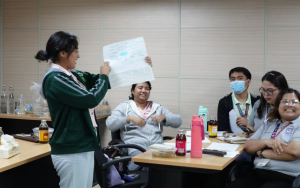
Members of the Quezon City Government present a mind-map of their preferred active mobility interventions for Maginhawa, together with a map that highlights the ideal location of such interventions.
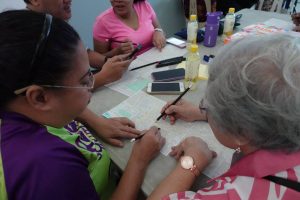
Residents of A. Mabini in Pasig City identify the key areas where they would like to see improvements in walking and cycling.
To jumpstart the co-designing process, the assessment results were then presented to the government and community stakeholders in both Quezon City and Pasig City during the Envisioning Workshops that happened towards the end of May and early June 2024. The data and identified key issues informed the short-listing of the preferred active mobility interventions, along with the preferable locations of where they would be implemented. Some common preferred interventions from the stakeholders include having shared PWD and bike lanes, sidewalk widening, having shade trees, installing tactical wayfinding signages, traffic calming, and having waste management facilities along the streets. These outputs would then undergo further prioritization, and be the basis for the rendering and eventual final design of the project interventions to be implemented.
The SPARK project aims to develop two (2) model cities and communities in the Philippines to demonstrate the GHG reduction potentials of active mobility, as well as its role in building resilient and safe transport systems, contributing to national emission reduction targets, and promoting climate-friendly mobility behavior.
Words by James Oriña


